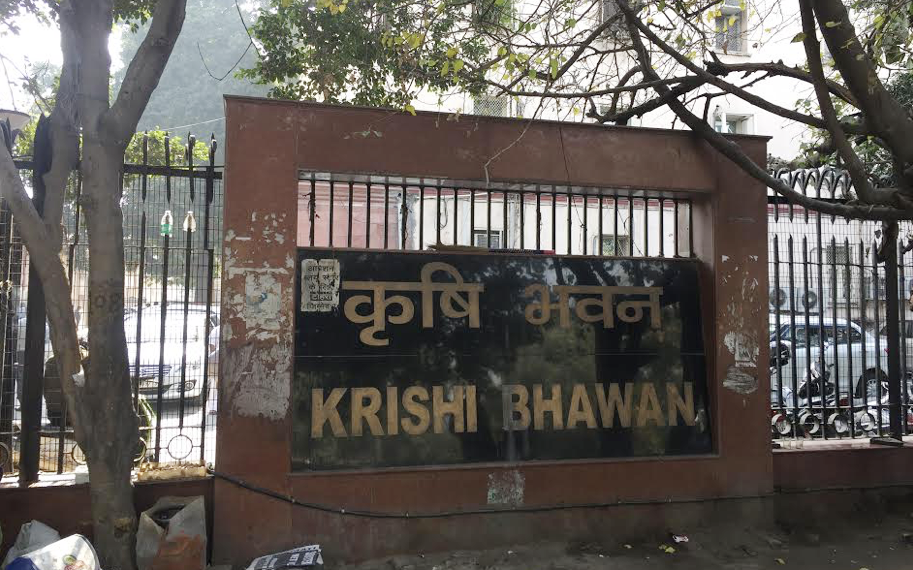The proposed draft for amending the MSCS Act 2002 runs into 26 pages and aims to introduce new sub-sections in more than 47 sections of the original Act. While some of the proposals can be called laudable, others are seen as infringing upon the autonomy of cooperatives.
Central registrar and through him the govt of the day, seem to have been given sweeping powers in the proposed draft of the amendments which the govt is eager to get passed, a number of cooperators told this correspondent.
Provisions such as extending the duration of registration from 4 to 6 months are being resisted by cooperators. When a company can be registered in flat one week what is the need of extending the time taken in registering a co-operative, they ask. The Ministry should actually reduce this, they added.
Another proposal resisted by them is the issue of returning share on book value or face value whichever is higher. Cooperators are of the opinion that share should be returned only on face value. Both at entry and exit what should be in vogue is face value, they argue. If we have to give book value cooperatives may collapse if majority people decide to exit or some unscrupulous element tries to disestablish a successful co-op, they underlined.
The issue of defeated candidates not gaining entry through co-option has had a mixed reaction. While some say this is a good piece of amendment, others do not think so. The provision of co-option has often been used as a tactic to silence opposition at the time of co-op elections.
But what is strongly being opposed in the draft plan is Central Registrar’s power to decide if a candidate is fit to be a board member. “When who can be a board member is laid down in rule book, why allow an individual’s whim (in this case Central Registrar) to sit over the judgment”, cooperators said.
The proposed draft also talks of constituting an Election Authority. Several cooperators have welcomed the move but their only concern is that it should be truly autonomous and the govt should not try to control it through back channels. The only objection is against the cost of elections conducted by the election Authority to be borne by co-ops. How smaller co-ops can afford this, they ask demanding that Election Authority should be involved only when at least 10 Board members jointly ask for it.
Cooperators in general have also welcomed the draft proposal in which it is said that CE should call a meeting if one fourth of Board members demand.
Cooperators, however, resist a provision in which a person who attains the age of 70 cannot continue as the Chief Executive. The draft says he may continue beyond 70 with the prior approval of the Central Registrar and by passing a special resolution in which case the explanatory statement annexed to the notice for such motion shall indicate the justification for appointing such persons.
Cooperators wonder that when a man’s candidature has been passed through Special Resolution (¾ majority) what is there so special in the mind of an individual (in this case Central Registrar) to throw more light on the issue.
Secondly, there are some big cooperatives (such as IFFCO, Kribco, Amul, Saraswat Bank etc) which are competing with domestic companies as well as multinational companies. “They should be given even playing ground and should not be punished only because they are in the cooperative fold. Company Act does not have such limiting bars on age”, they argued.
The next proposal in the draft is the extension of time limit for annual accounts submission to May 15. This is being welcomed by cooperators. They have also welcomed the proposal for compulsory constitution of audit and ethic committee. Executive Committee may or may not be constituted, the proposal says.
The draft proposal also talks of maintaining the Education fund either by NCUI or NCDC as decided by the Central govt. “This is totally unacceptable and a direct infringement on the autonomy of NCUI which has been custodian of the Education Fund since the beginning”, said several cooperators.
Another major point that the draft talks of is establishment of Co-op Rehabilitation and Re construction Fund in which multi state co-ops have to contribute 0.005 to 0.1 percent of their net profits. This fund would be utilized for the purpose of helping out sick co-operatives. The NCUI leaders demanded that it should be implemented not through the govt but through NCUI.
One sticky points that remains to be solved is number of nominal members and their rights. The draft talks of restricting their number to one fifth of the number of members who have subscribed the shares. The matter is sure to come up in NCUI meeting today.





















































